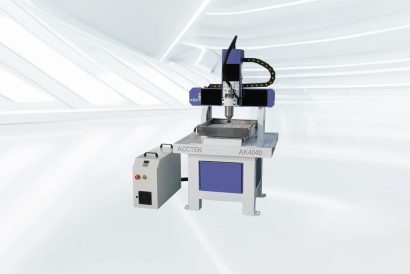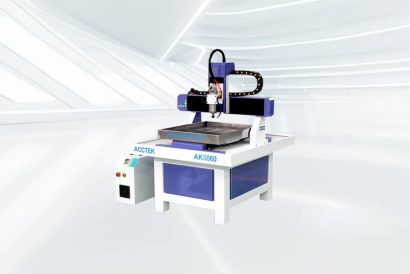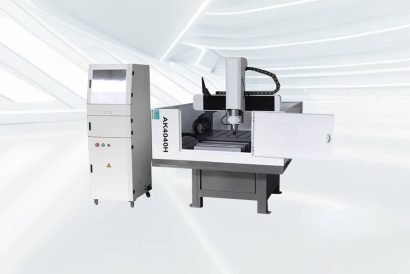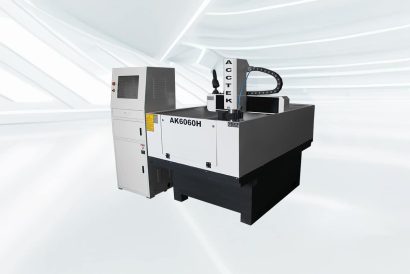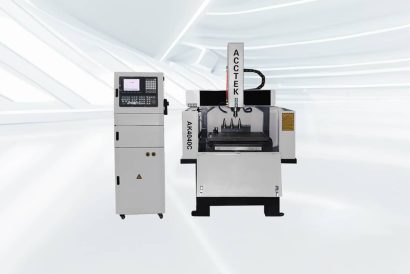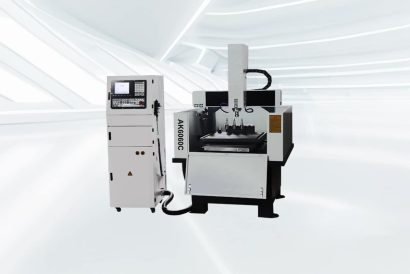Mold Industry
Application of CNC Router in The Mold Industry
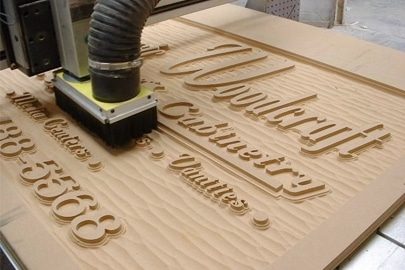
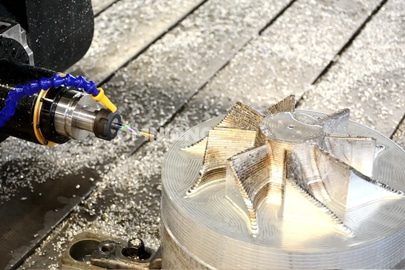
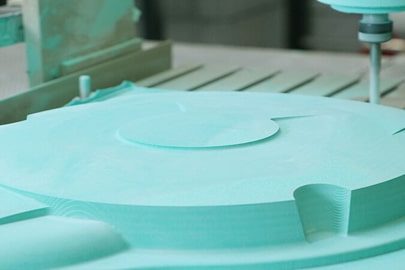
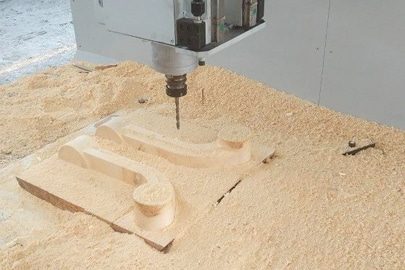
CNC Router Enhances Mold Production Technology
Blow Molding
CNC router facilitates the production of molds for blow molding applications. It can create molds with complex shapes and features to produce bottles, containers, and other hollow plastic products. The precision of the CNC router ensures uniform thickness and consistent quality of blow-molded products.
Thermoforming
During the thermoforming process, plastic sheets are heated and shaped over a mold, and a CNC router can improve thermoforming mold production by precisely cutting mold parts and creating detailed cavities. It improves the accuracy and repeatability of thermoformed products by ensuring the accuracy of the mold.
Compression Molding
In compression molding, the material is placed directly into the mold cavity and compressed, and a CNC router helps create molds with precise shapes and features. It is valuable in making molds that can withstand the pressure and heat associated with compression molding.
Die Casting
CNC router enhances the mold opening process in die casting. Its ability to create complex mold shapes with precise details improves the quality of molds used in die-casting operations. The CNC router's precision helps improve the die-casting mold's overall efficiency and durability.
Milling And Machining
CNC router excels in milling and machining operations. It improves the accuracy and speed of cutting, shaping, and engraving materials to create molds. CNC routers can execute complex tool paths with high precision, thereby improving the overall quality of machined molds.
Multi-Material Molding
CNC router with multi-axis capabilities enhances mold production for multi-material molding processes. It allows the creation of molds with different features and materials, enabling the production of complex multi-component products.
Injection Molding
CNC routers can help improve injection mold production technology. It can accurately carve complex cavities and cores required to form complex parts. The precision of the CNC router ensures that molds fit together seamlessly, minimizing the risk of defects in injection molded products.
Rotational Molding
For rotational molding, where the mold rotates in both directions as it is heated, the CNC router helps create molds with precise contours and details. CNC router helps create molds that can withstand rotational molding and produce high-quality, evenly distributed products.

